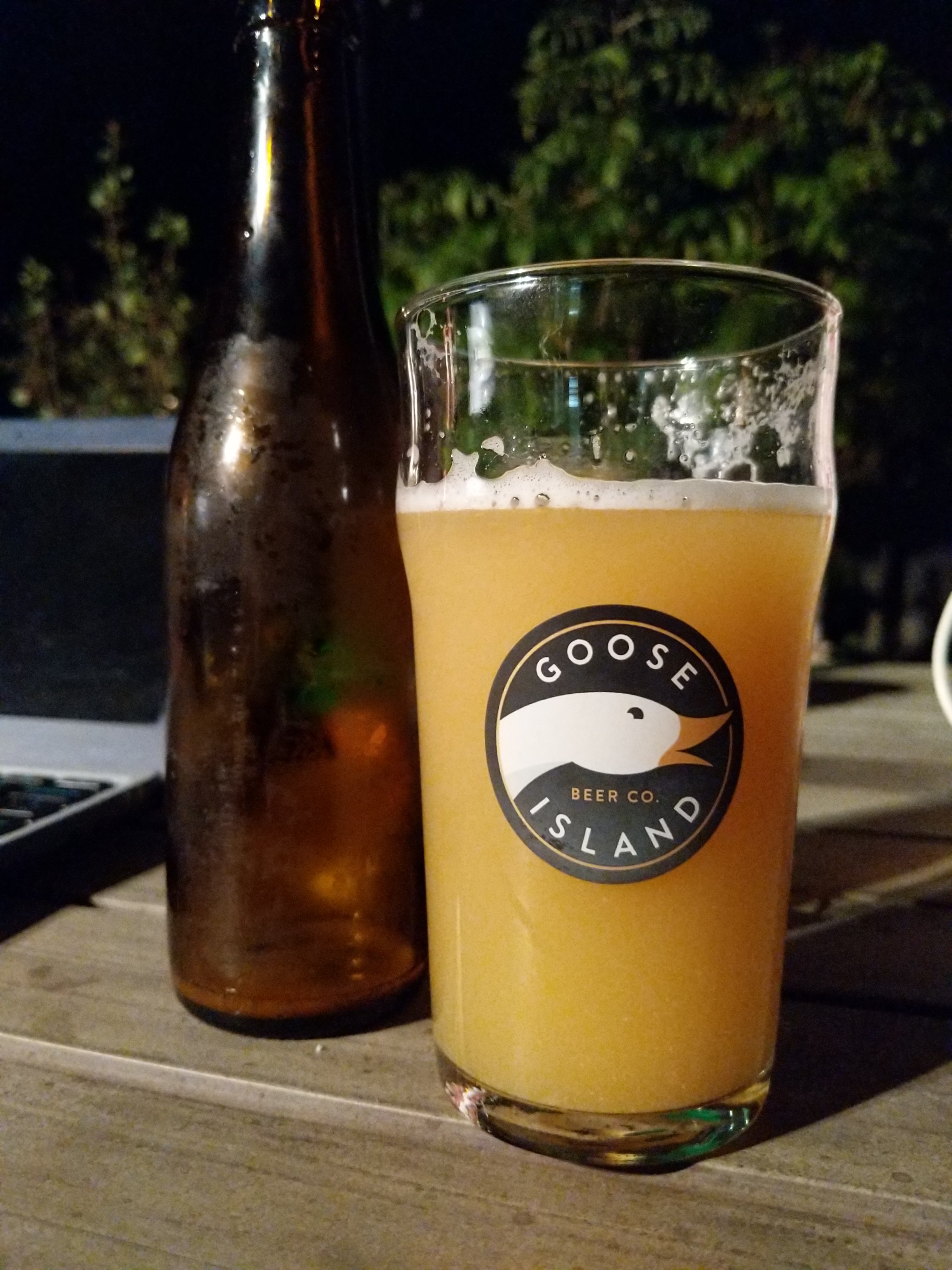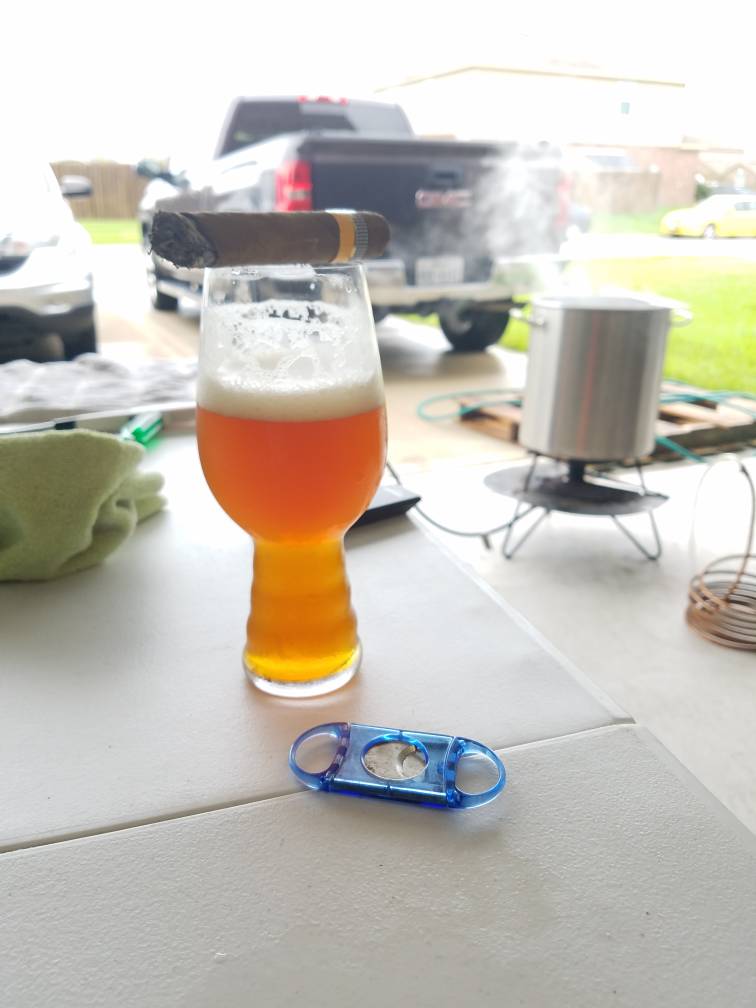the-adjunct-hippie
aspiring brewgenius
I've been trying to nail down the NE IPA for the last 3 months and it's just proving difficult. All ten (small) batches have been really not great. My other regular IPA's have been dynamite, but as soon as I started actually "focusing" on making a NE IPA, they come out both too sweet and too bitter at the same time - a literal mess. Every batch is just something I would never drink on the regular. I've had positive feedback from others, but I can't say I enjoy the results so far. I've messed with pH, water chemistry, and different hop varietals. The most recent batch is the most enjoyable but it's rather empty.
Some of the batches use all late hopping techniques...say a boil volume of 10 quarts with a 1.5 oz volume of hops altogether for 20 minutes...then about another 2 oz of dry hop. Comes out palate-scrubbing, like a triple IPA! Yet it's cloyingly sweet despite no added fruit or anything.
Does base malt have a lot to do with it? Using basic Great Northwestern Pale Ale malt. Probably thinking about switching to Maris or Pearl.
It's getting to the point where i'm trying to reach this goal but I'm just getting tired of brewing it. Getting a little burned out even though I gotta just keep trying.
Anyone repeatedly try to nail a style to no avail? Just try try again?
I'm thinking about going back to traditional IPA techniques without the goofy junk and just supplement with fruit or lactose or whatever.
Cheers fellow HB'ers.
Some of the batches use all late hopping techniques...say a boil volume of 10 quarts with a 1.5 oz volume of hops altogether for 20 minutes...then about another 2 oz of dry hop. Comes out palate-scrubbing, like a triple IPA! Yet it's cloyingly sweet despite no added fruit or anything.
Does base malt have a lot to do with it? Using basic Great Northwestern Pale Ale malt. Probably thinking about switching to Maris or Pearl.
It's getting to the point where i'm trying to reach this goal but I'm just getting tired of brewing it. Getting a little burned out even though I gotta just keep trying.
Anyone repeatedly try to nail a style to no avail? Just try try again?
I'm thinking about going back to traditional IPA techniques without the goofy junk and just supplement with fruit or lactose or whatever.
Cheers fellow HB'ers.
Last edited:




